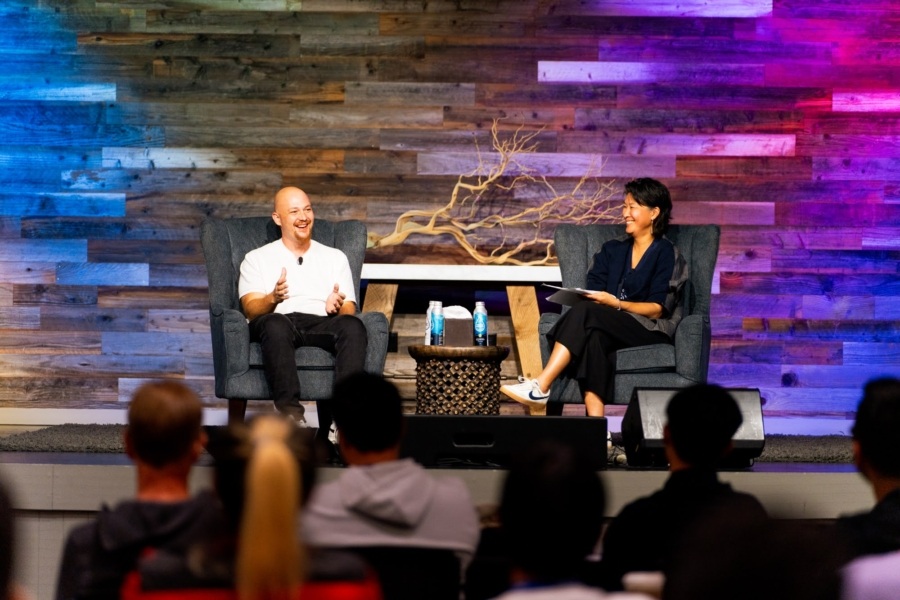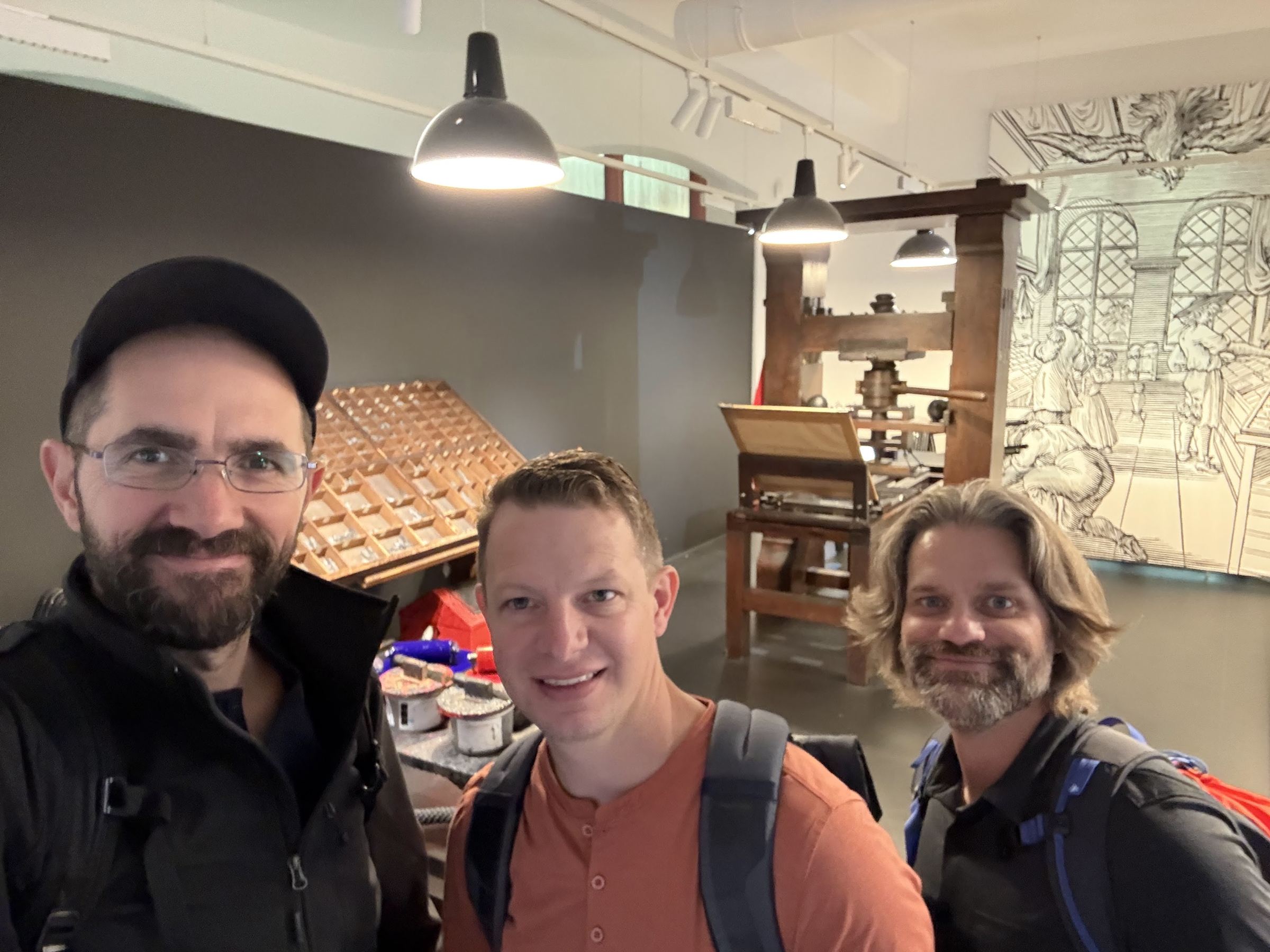Replit CEO Amjad Masad on the Future of Coding and Why ‘Taste’ Matters in AI

Last month, we invited Replit CEO and co-founder Amjad Masad to speak with fellow Reach founders about the company-building journey and the AI landscape.
Our Part 1 recap of that conversation looked at how Amjad helped build the Replit company culture and his thoughts on what competitive advantages may look like in an AI-driven world. This Part 2 explores his take on how AI will shape the future of education and programming.
On the importance and power of learning to code
Amjad: Coding is going to be super important. Two or three years ago, learning a bit of coding wasn’t enough to make something useful. But now, learning just a little bit of coding — the basic syntax, and then learning how to use ChatGPT or Ghostwriter — that’s enough to build an MVP. The return on investment for learning a bit of code is really big, and that is drawing a lot of people into coding who otherwise wouldn’t be doing so.
A lot of people who previously would have needed a technical co-founder to start a company, who are product managers and designers for instance, are now capable of building the MVP themselves, and going out to raise a round.
On how the coding profession will change
For advanced programmers, over the next two years, we’re going to see the emergence of coding agents. The idea is to be able to use an IDE such as Replit, and command not just one or two, but maybe 10, 20, 100 agents to do certain tasks and features for you. There are some now that are not that good, but they’re on their way. In a year or two, I think we’re going to get into 2X, 3X and eventually 10X productivity improvements for engineering teams.
Your function then may focus more on reviewing and merging code. You may decide how much compute power and agents to devote to specific tasks. You’ll become more high-level as an engineer, thinking more about the big picture, almost like what an engineering manager would do. In other words, every engineer would be somewhat of an engineering manager.
In this world, being able to think systematically is going to be super important. One of the distinctions between senior engineers and junior engineers is that junior engineers are very task oriented, whereas senior engineers are thinking about the map of the different tasks needed to accomplish a goal. Being able to break down a big problem or feature into small components will be a lot more important, and thinking more about the architecture involved in solving big problems.
This is something that may come intuitively for good teachers, as a large part of their job involves mapping out different dependencies of skills and learning capabilities and guiding their students along.







